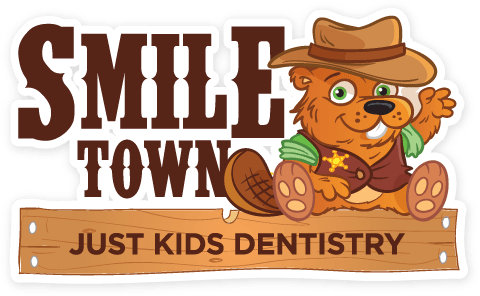Lip and Cheek Biting
Lip and Cheek Biting Can Happen
Lip and cheek biting during and after dental procedures is a common occurrence in children and can be quite uncomfortable for them. Reasons for lip and cheek biting can vary, but typically occurs due to the following reasons;
In dental procedures, we may use local anaesthesia to numb a tooth (or teeth) to help keep your child pain-free during dental treatment. Depending on the local anaesthesia, the numbness in your child’s tooth (or teeth) can linger for a few hours before wearing off.
Because of the lingering numbness, it can be difficult for a child to know or feel if they are biting, scratching or picking their lip, inside cheek, or tongue. This is a very new and unknown feeling to most children, making it difficult to monitor its occurrence at times.
What happens when a child bites their lip or cheek?
A lip or cheek bite can cause bleeding, swelling and ulcerations and is often confused with an allergic reaction or infection. This can look and feel very stressful and scary for a child and parent. Rest assured that in most cases, these lip and cheek bites heal quickly (without the need for any antibiotics) within a week, sometimes more.


At SmileTown: Just Kid’s Dentistry, we want to make sure each visit for every child is as comfortable as possible during the appointment and after. For this reason, some patients may be offered OraVerse (which is a local anaesthetic reversing agent). This will help reduce the time the child is numb for, which in return, will hopefully, avoid lip and cheek biting.
At SmileTown, we always encourage our parents to monitor their children for lip and cheek biting. It can be hard to monitor sometimes once children get back into their normal routines at home or school. If a child does bite their lip and cheek, parents can help by doing the following at home:
1: Apply ice packs for 3 days. If ice packs are a challenge, popsicles work great for kids. 15 minutes on, and 15 minutes off for one hour at least 3 times a day.
2: Over the counter Tylenol and/or Advil (use as per manufacturing instructions on label) works great for pain management.
3. Avoid irritating foods that could flare the area up, such as, spicy, citrus or tomato-based foods.
4. Warm salt water rinses 2-3 times a day will help with discomfort and keeping the area clean.
5. You can also apply over-the-counter ointments (like polysporin, use as per manufacturing instructions on label).
If you are unsure about your child’s lip or cheek bite, call our office at (519) 749-9981 or contact us here and we will gladly provide any further support or care.

